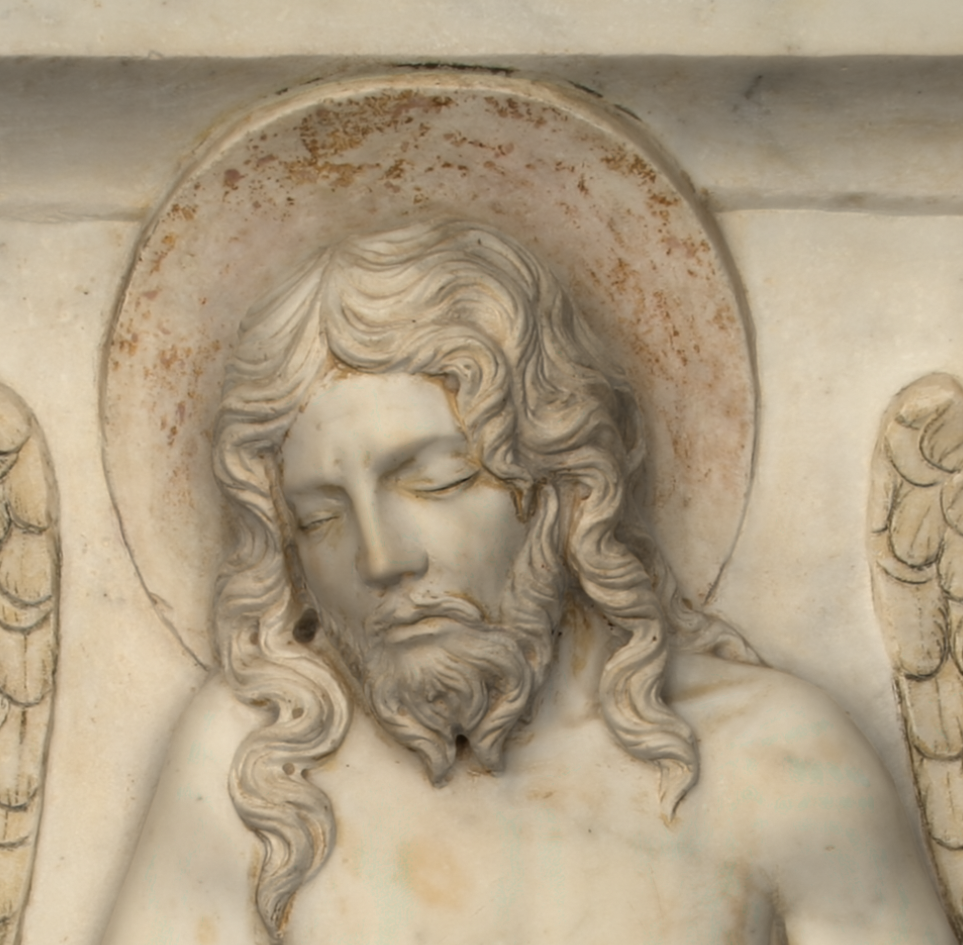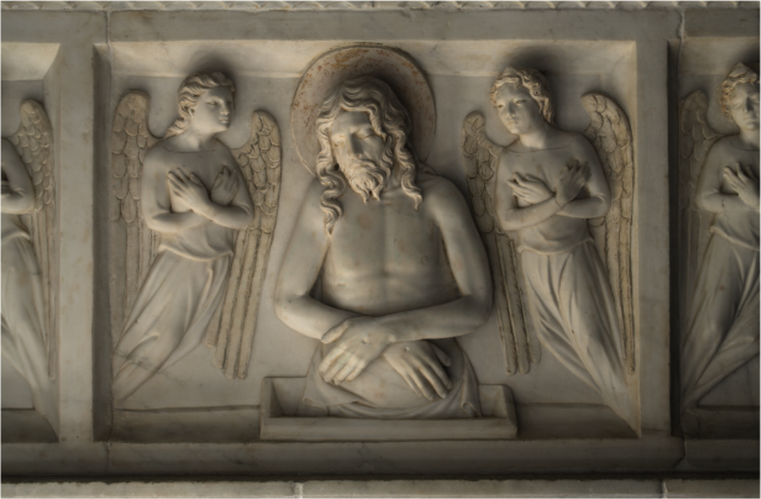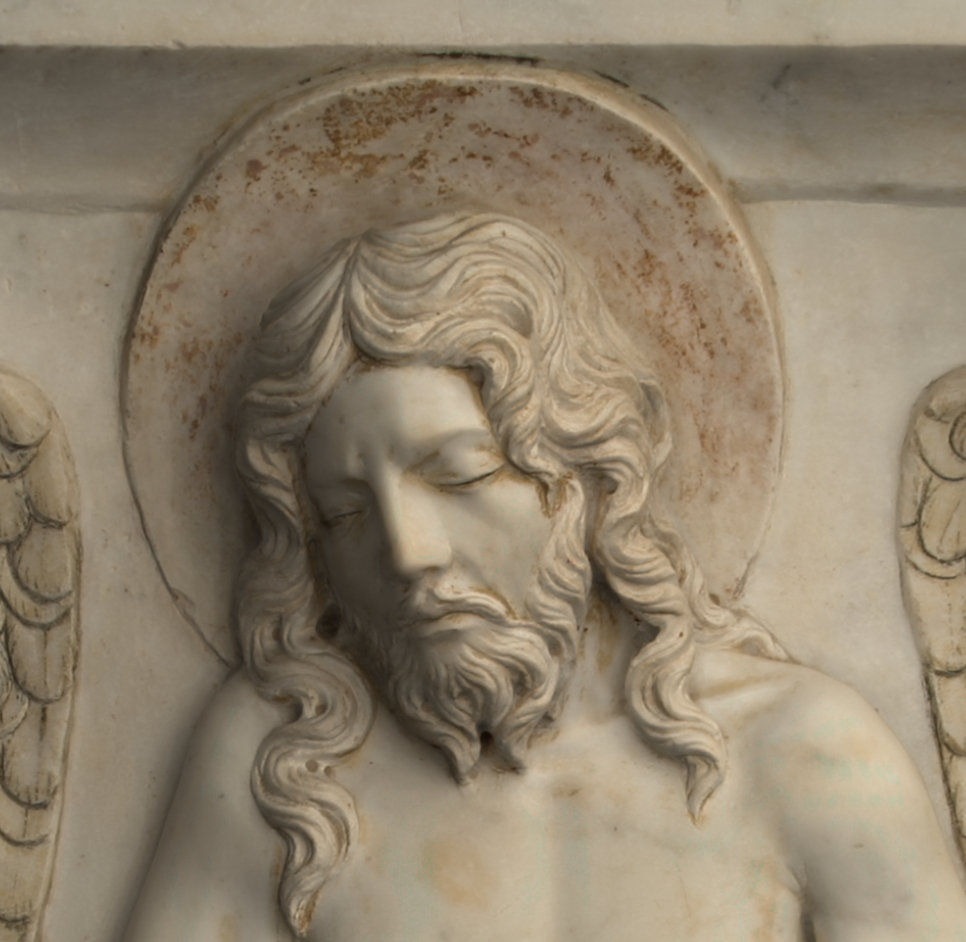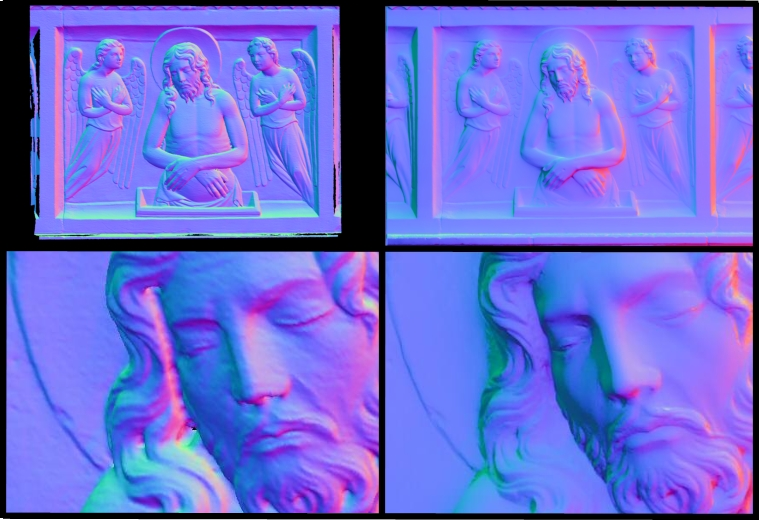
Abstract
Reflection Transformation Imaging has proved to be a powerful method to acquire and represent the 3D reflectance properties of an object, displaying them as a 2D image. Recently, Polynomial Texture Maps (PTM), which are relightable images created from a set of photos of the object taken under several different lighting conditions, have been used in Cultural Heritage field to document and virtually inspect several sets of small objects, such as cuneiform tablets and coins. In this paper we explore the possibility of producing high quality PTM of medium or large size objects. The aim is to analyze the acquisition pipeline, resolving all the issues related to the size of the object, and the conditions of acquisition. We will discuss issues regarding acquisition planning and data gathering. We also present a new tool to interactively browse high resolution PTMs. Moreover, we perform some quality assessment considerations, in order to study the degradation of quality of the PTMs respect to the number and position of lights used to acquire the PTM. The results of our acquisition system are presented with some examples of PTMs of large artifacts like a sarcophagus of 2.4 $\times$ 1 m size. PTM can be a good alternative to 3D scanning for capturing and representing certain class of objects, like bas-relieves, having lower costs in terms of acquisition equipment and data processing time.




